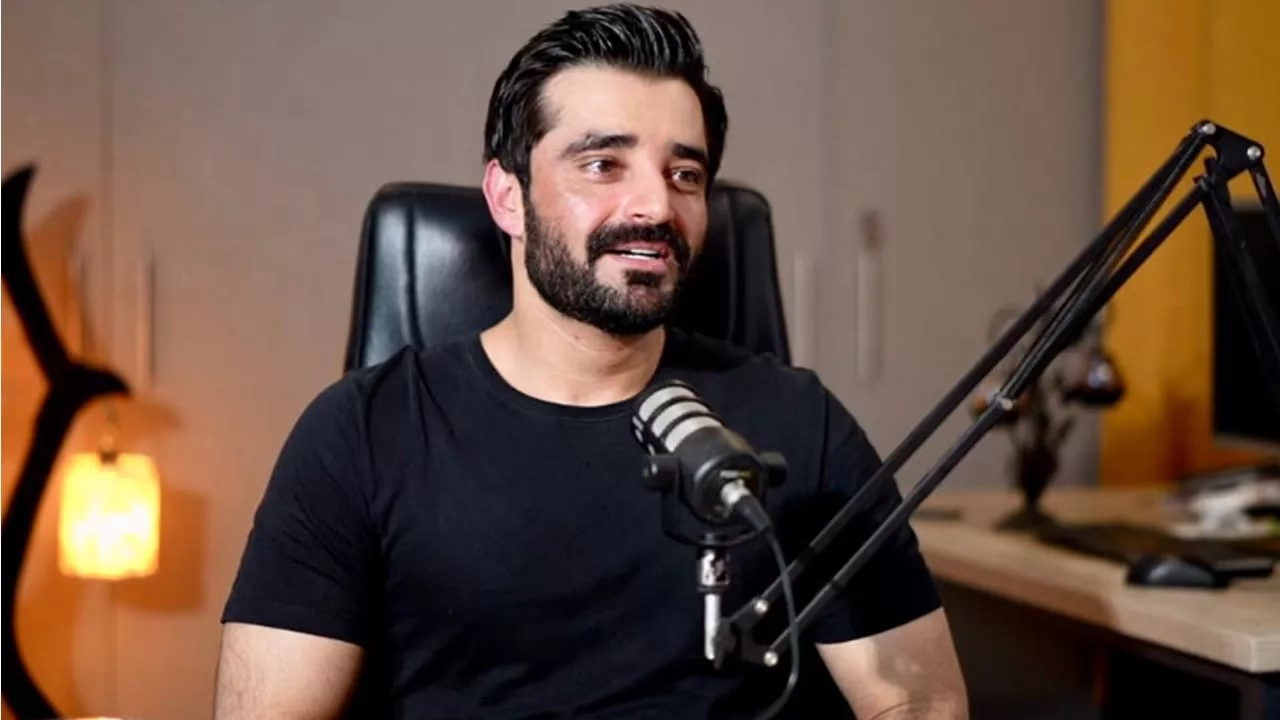The recent Hamza Ali Abbasi podcast has sparked wide discussion as the actor opened up about deeply personal topics, his beliefs, and the reasons behind his long break from acting. Known for his outspoken nature, Hamza used the platform to reflect on his past life, his spiritual transformation, and the principles that now guide him. The podcast covered sensitive issues such as marriage, faith, and personal conduct, leading to extensive debate on social media.
During the Hamza Ali Abbasi podcast, the actor addressed the topic of multiple marriages, a subject often misunderstood and frequently linked with social issues that have no connection to marital practices. Hamza made it clear that adultery and multiple marriages are entirely separate matters. He explained that adultery is considered one of the gravest sins in Islam, carrying severe consequences in the hereafter. According to him, relating this immoral act to the concept of multiple marriages is both incorrect and misleading.
Hamza elaborated on the religious perspective by highlighting that Islam allows a man to marry more than one woman, but only under strict conditions. This permission was granted in situations where circumstances made it necessary—such as protecting widows or ensuring the welfare of orphans. He emphasized that the Quran clearly instructs men to marry more than one wife only if they are capable of maintaining absolute justice between them. Immediately after granting this conditional allowance, God also stated that it is better to marry just one wife, acknowledging the difficulty of being completely fair in multiple relationships.
One of the most powerful moments in the Hamza Ali Abbasi podcast came when he discussed the social habit of extramarital interactions among men. Hamza noted that many people mistakenly blame marriage structure for inappropriate behavior outside the home. In reality, he said, such behavior is rooted in personal choices and moral weakness, not in whether a man has one wife or four. A person who engages in these actions before marriage will continue after marriage unless he reforms himself.
Hamza presented a thought-provoking argument: if a man seeks marriage solely as a means to avoid inappropriate behavior outside, what will he do when natural life changes occur within his marriage—such as aging, illness, or personal challenges? He insisted that no number of marriages can solve the problem of self-control. Instead, the only solution is personal accountability, discipline, and true submission to moral principles.
The Hamza Ali Abbasi podcast also touched upon domestic issues, specifically the tendency of some men to engage in improper interactions outside their homes. Hamza expressed deep concern about how widespread this habit has become, stressing that marriage—whether monogamous or polygamous—does not eliminate such behavior. According to him, character flaws are not resolved by altering marital status. A man who lacks discipline and moral boundaries will remain the same, regardless of how many times he marries.
He further explained that Islam strictly condemns such actions. Engaging in inappropriate relationships outside marriage is not just a minor mistake—it is a major sin with serious consequences. Hamza repeatedly emphasized that no form of marital arrangement gives men an excuse to behave immorally. True faith requires personal transformation, not external fixes.
Another important point raised during the Hamza Ali Abbasi podcast was that men who genuinely want to avoid sinful behavior must address the root cause rather than seek shortcuts. Whether a man is married to one woman or four, his personal inclinations will not change unless he sincerely works on his character. Islam commands individuals to uphold moral integrity, and the responsibility falls on the person—not on the structure of marriage.
Hamza’s candid reflections highlight his evolving understanding of religion and life. Since stepping back from acting, he has been vocal about prioritizing faith and meaningful choices over the glamour of the entertainment world. His insights on the podcast reflect his belief that societal reform begins with individual accountability and moral strength.
The Hamza Ali Abbasi podcast has opened the door for thoughtful discussion about marriage, faith, and personal conduct. While some may agree and others may disagree, the conversation underscores the need for clarity in religious matters and honesty in personal behavior. Hamza’s message is simple: lasting change does not come from external arrangements but from a sincere effort to align one’s actions with ethical and spiritual principles.



